Written by Marcin Grajewski.

Globalisation and free trade have supported world economic growth and higher living standards, but the process has coincided with rising inequality, a concentration of job losses at the middle skills level, and declines in manufacturing jobs in certain regions of the high-income economies.
Although the benefits of free trade outweigh their social costs, the EU needs to do more to address the pain cause by globalisation – or face another surge of populism and xenophobia – according to politicians and analysts speaking at a conference in the European Parliament. The event, entitled ‘OECD Economic Outlook: The domestic impact of trade policies’ was organised by the European Parliamentary Research Service (EPRS) and the Organisation for Economic Cooperation and Development (OECD), at the European Parliament Library Reading Room on 21 June 2017.

The 2017 Economic Outlook, from the Paris-based club of 35 mostly industrialised countries, expects global growth to pick up modestly this year and in 2018, as business confidence and demand improve. However, Christian Kastrop, Director of the OECD Policy Studies Branch, Economics Department, warned that increases in wages and productivity remain subdued. This year’s outlook focused on the impact of trade on growth, employment, competitiveness, wages and other aspects of the economic life, partly in response to the increasingly loud criticism of some politicians from countries such as Britain, France and the United States, that free exchange of goods of services destroys local jobs and should be curbed.
‘Job losses due to trade alone are rather limited’. Nevertheless, people in certain sectors feel this keenly. ‘The middle skills are the most affected’, Kastrop told the conference, adding that support for politicians such as Marine Le Pen in France or Donald Trump in the USA partly stems from people who blame their misfortune on globalisation and free trade. Kastrop and other speakers agreed that a return to protectionism in trade was the wrong answer to addressing people’s concerns.
Watch the videos of this event.
‘Protecting local production by raising tariffs would not bring back the off-shored jobs, but merely make the required inputs that need to be imported more expensive’, was the opinion of Lucian Cernat, Chief Economist at the European Commission’s Directorate General for Trade. ‘Globalisation has drawbacks, but it is technology that has played a bigger role than trade in the decline in manufacturing’, he added.

Sorin Moisă, (S&D, Romania), a Member of the Committee on International Trade, and Parliament’s Shadow Rapporteur for CETA (the EU-Canada free trade agreement), said that trade is often seen as the main culprit of economic misfortunes, because unlike technological change, people feel they can do something about it. ‘Why is everybody, including President Trump, blaming trade, when it is only a small causal mechanism of economic disruption and the erosion of the middle class? It is because trade as a policy is actionable, unlike technological change. People imagine that you can do stuff about trade, but you can hardly do stuff about automation as long as you have a free market.’
Moisă and Cernat called for the EU to do more to help people in areas negatively affected by globalisation, rather than leave action to Member States. One such EU action could be to beef up the Globalisation Adjustment Fund, an EU instrument that helps workers who lose jobs due to globalisation. However, the current size of the fund is limited – €150 million annually in 2014-2020. ‘The EU itself should try to heal the wounds it is creating. The maximalist approach would be to have fiscal capacity to transfer funds at the EU level to address pain resulting from trade. A more normal approach would be to reform the Globalisation Fund’, Moisă noted.
Another speaker, Martina Ferracane, analyst at the European Centre for International Political Economy think tank, stressed the role of education and reskilling in mitigating the negative effects of free trade. ‘We have to stop thinking about saving jobs. We need to start thinking about protecting workers, making sure that they stay secure economically, and ensure their living standards. If we do this, there is going to be enough flexibility for them to move to those sectors that are more productive’. Ferracane added that 50 % of the jobs that exist today may disappear before today’s children enter the labour market.

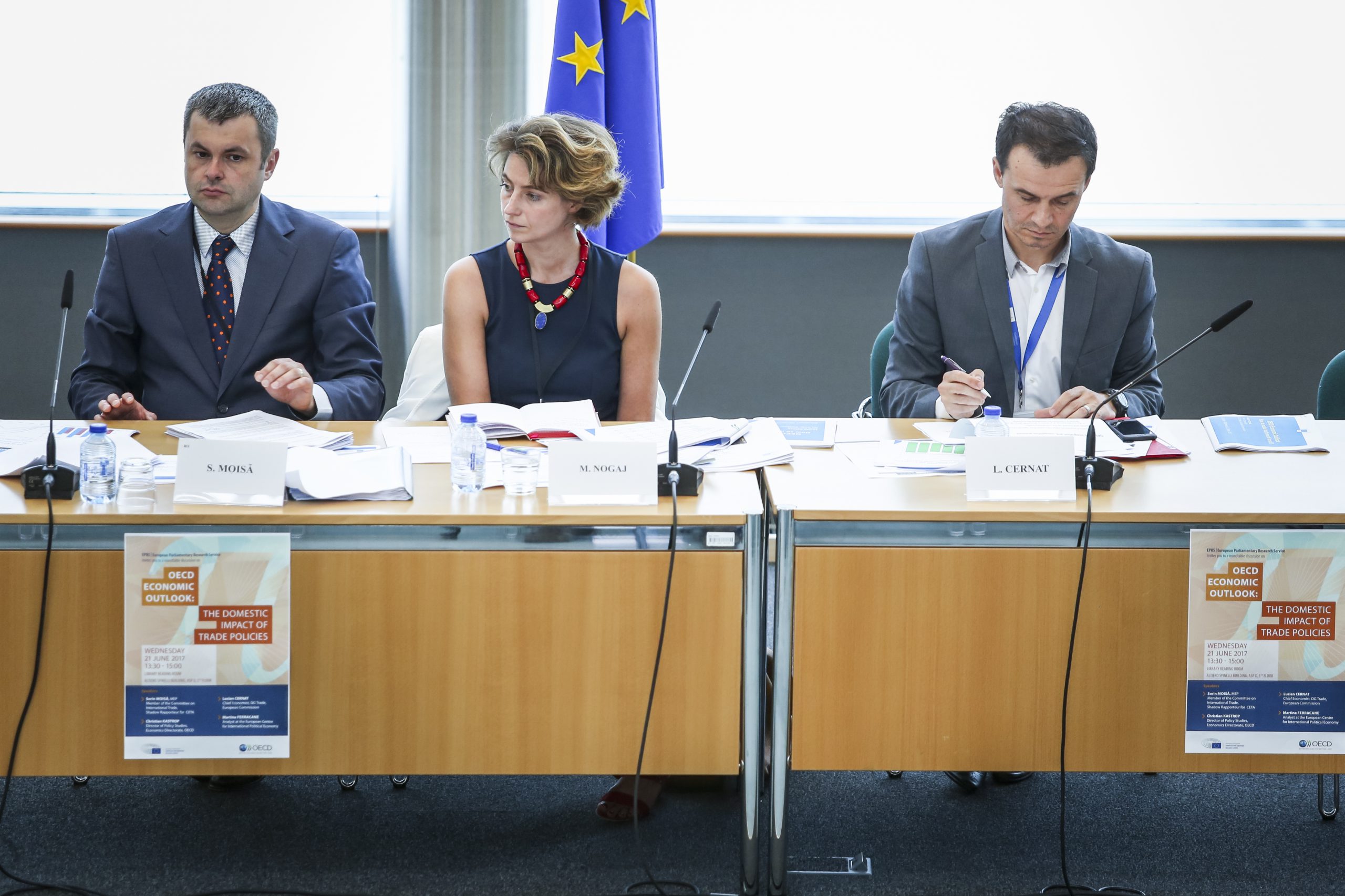
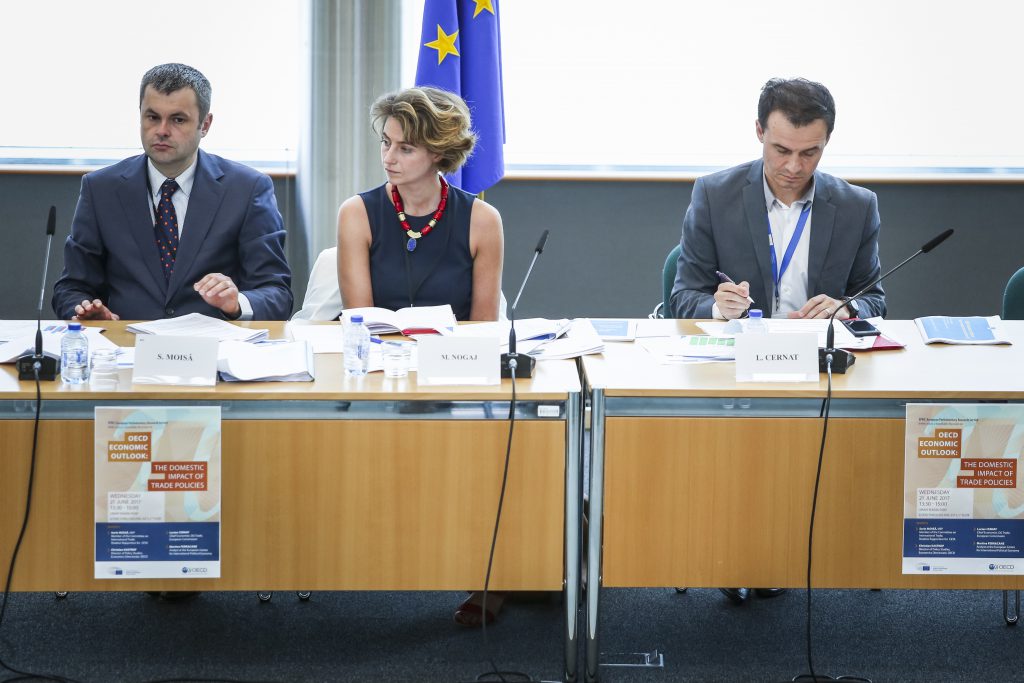
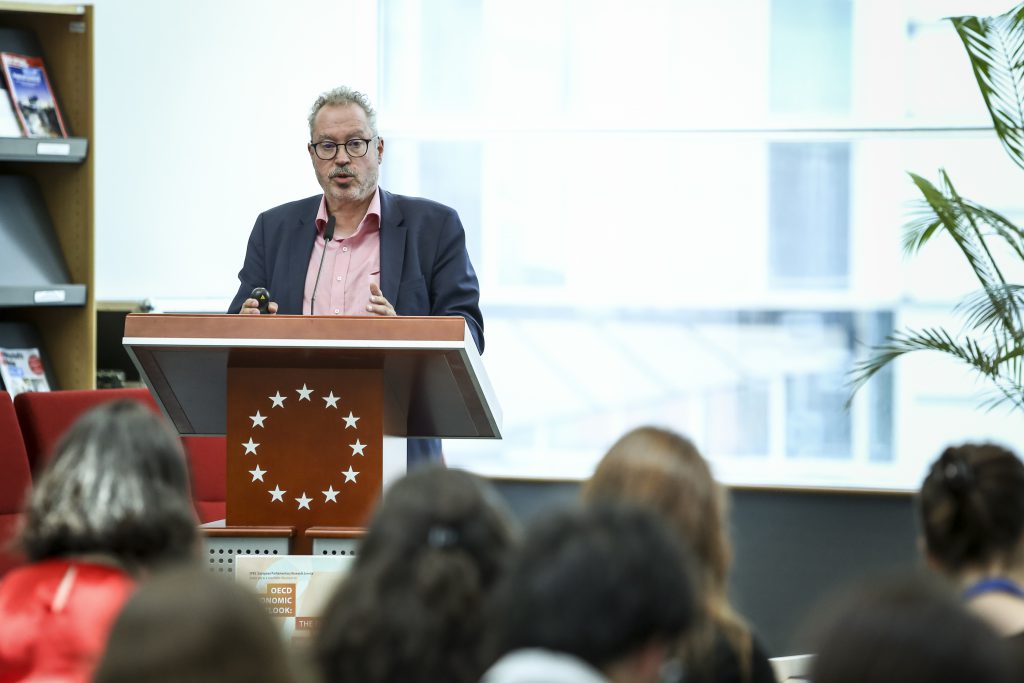
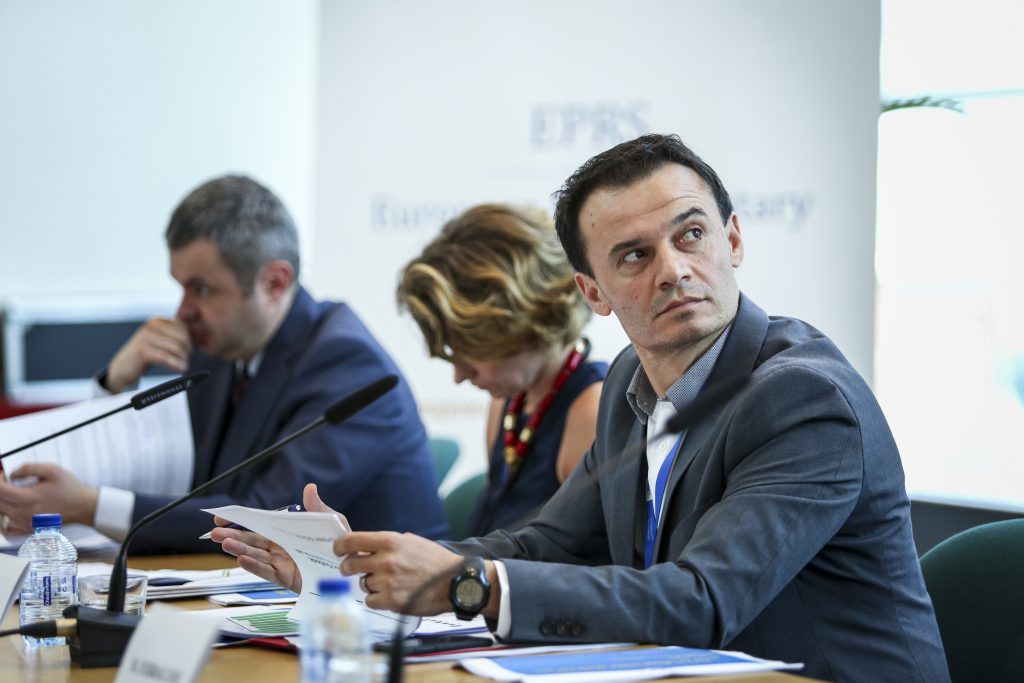
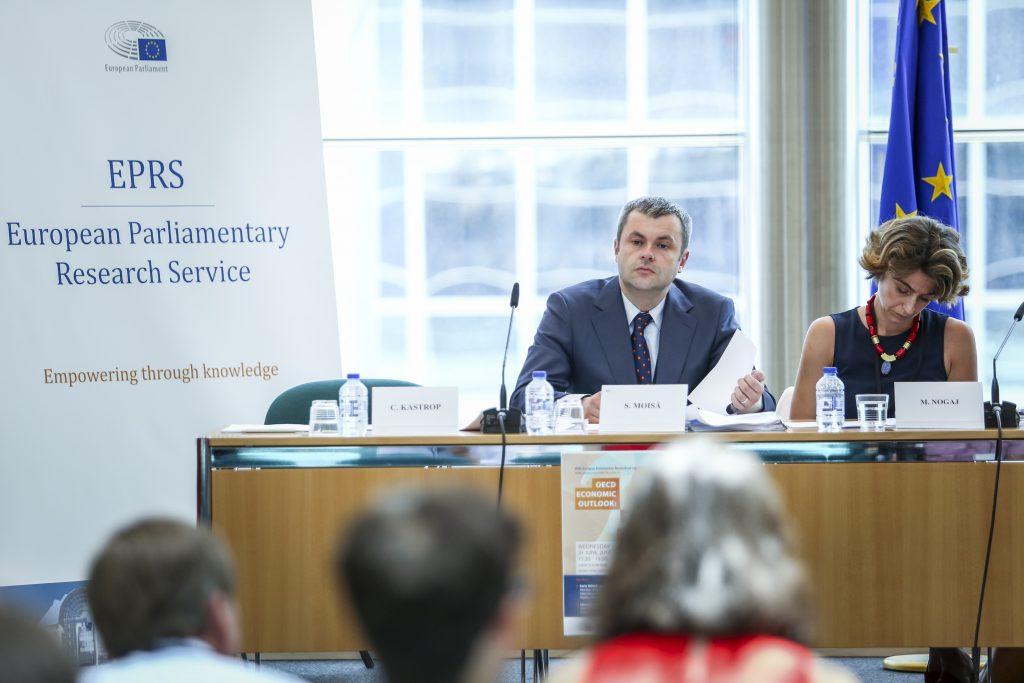
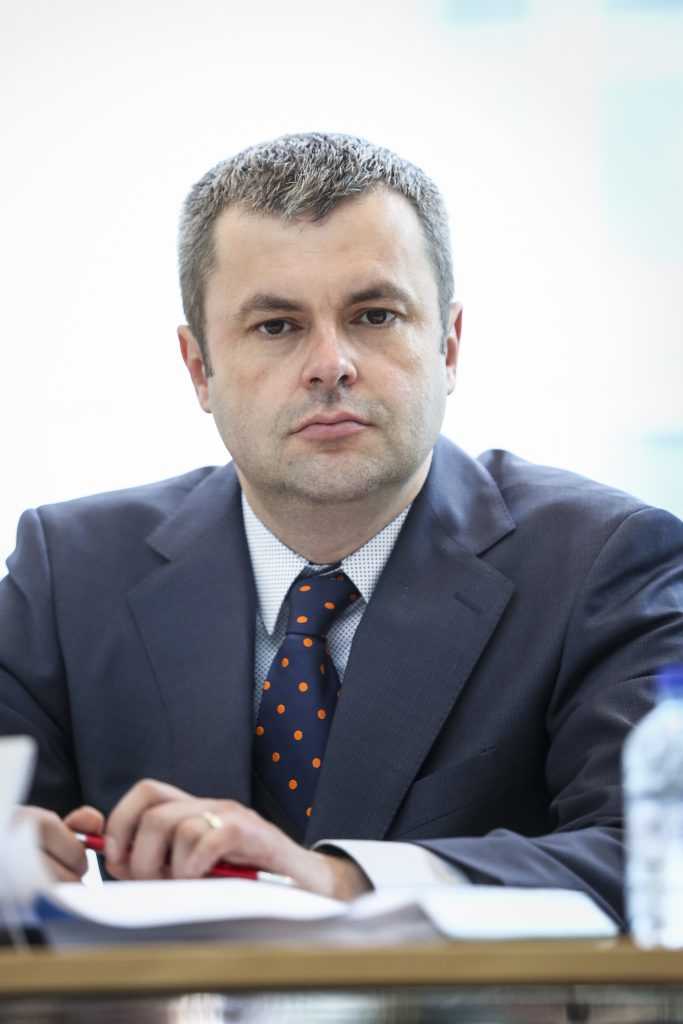






Be the first to write a comment.